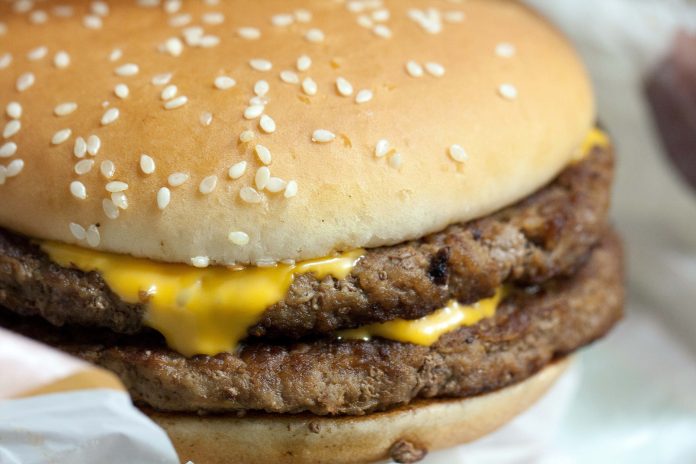
Research from the University of Bonn, Germany, has found that high fat and sugar diets can make the immune system react like it’s fighting a bacterial infection.
Scientists used mice for a month, placing them on a high fat, high sugar and low fibre diet, and it was found that throughout their bodies there was a strong inflammatory response.
Increased immune cells
Annette Christ, postdoctoral fellow in the Institute of Innate Immunity of the University of Bonn, said: “The unhealthy diet led to an unexpected increase in the number of certain immune cells in the blood of mice, especially granulocytes and monocytes.”
The study found that intake of fast food caused the proliferation and maturation genes to be affected, which caused the body to recruit a large army to combat it.
After the mice were given their usual cereal diet for four weeks, the inflammation disappeared; however, what didn’t change was the genetic reprogramming of the immune cells.
Does the immune system have a memory?
The director of the Institute of Innate Immunity and a scientist at the German Center for Neurodegenerative Diseases (DZNE), Professor Dr Eicke Latz, said: “It has only recently been discovered that the innate immune system has a form of memory.
“After an infection, the body’s defences remain in a kind of alarm state so that they can respond more quickly to a new attack.”
Scientists managed to find the ‘fast food sensor’ in immune cells after examining the blood cells of 120 subjects. In some of the subjects, the innate immune system showed a reasonably strong training effect.
Long-term health implications
The inflammatory responses can develop into more serious health issues like vascular diseases and Type 2 diabetes.
Latz added: “The foundations of a healthy diet need to become a much more prominent part of education than they are at present.
“Only in this way can we immunise children at an early stage against the temptations of the food industry. Children have a choice of what they eat every day. We should enable them to make conscious decisions regarding their dietary habits.”
Results were published in the journal Cell.























